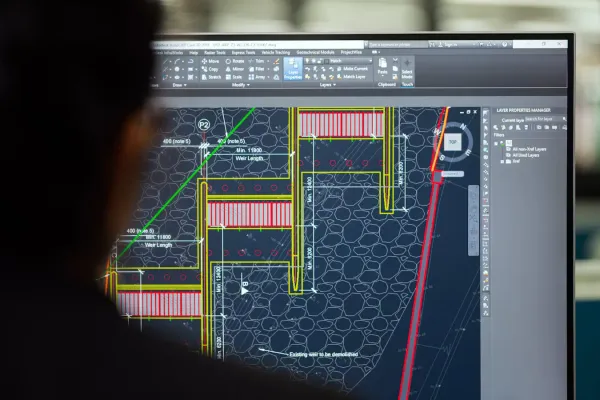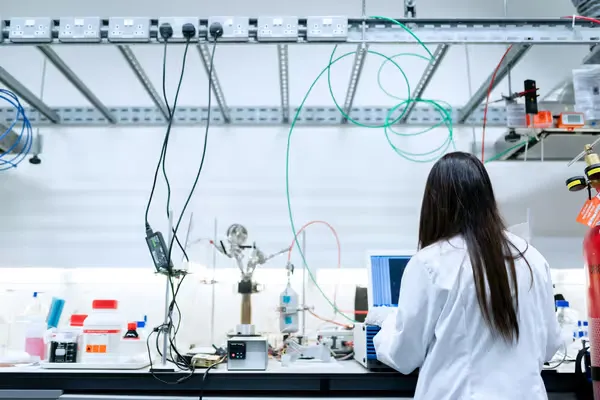Avoid your inquiry is delay response, please enter your WhatsApp/WeChat/Skype along with the message, so we can contact you at the very first time
We will reply you within 24 hours. If for urgent case, please add WhatsApp: +8613188899036, or WeChat: 0531-87968777. Or call 0531-87968777 directly.
* We respect your confidentiality and all information are protected. We will only use your information to respond to your inquiry and will never send unsolicited emails or promotional messages.
Do you keep finding leaks in your water or chemical lines? Are you tired of rusty metal valves that fail when you need them most? These problems cost you time and money.
Think about what happens when a valve fails. Water damage. Chemical spills. System shutdowns. The stress builds as you face repair costs and downtime.
A PVC ball valve is your answer. These plastic valves use a round ball with a hole to control flow. Turn the lever handle 90 degrees, and you can open or close your line fully.
“The right valve can mean the difference between smooth operations and costly disasters.” – Industry expert

What Is a PVC Ball Valve
Metal valves rust. They get heavy. They cost too much. But PVC ball valves offer many benefits:
2-way valves let flow go one way or stop it. 3-way valves can direct flow in different paths. Think of a 3-way valve like a traffic cop at a fork in the road.
True union valves can be taken apart for fixes. This makes them worth the extra cost (about 20% more). Most pros (65%) pick these for big jobs.
The Navarch UPVC electric ball valve brings modern control to these systems, with smart features that prevent many common valve problems.
Not all PVC is the same. The type you pick sets how much pressure it can take.
| Type | Pressure Rating | Best For |
|---|---|---|
| Schedule 40 | 100-150 PSI | Home use, low pressure |
| Schedule 80 | 230-300 PSI | Industry, high pressure |
| CPVC | 100-400 PSI | Hot water, up to 200°F |
Is your water for drinking? Then you need NSF/ANSI 61 certified valves. This safety mark means the valve won’t put bad stuff in your water.

Slip sockets need PVC glue to join pipes. Steps:
Threaded ends use NPT threads. You need Teflon tape or pipe dope to seal them.
Compression types need no glue. They use rubber rings to seal. Great for fixes you might need to undo later.
Turn off your water! Open a tap to drain the line.
Our friends at Navarch understand the importance of proper valve installation. With five production lines and 8,000 tons of annual output, they ensure every valve meets strict quality standards through multiple tests.
Problem: You can’t turn the handle.
Why it happens: Mineral build-up or sitting unused too long.
Fix it:
Problem: Water comes out around the handle.
Why it happens: O-ring wear or damage.
Fix it:
Problem: Less water flows through the valve.
Why it happens: Debris or partial closing.
Fix it:
Interestingly, Navarch’s technical team specializes in solving these exact problems through their advanced smart valve systems that can detect and prevent many common valve failures.

PVC ball valves work in many places:
A case study from a chemical processing plant shows why PVC wins:
The global market for these valves will reach $0.36 billion by 2033, growing at 5.25% each year. While metal valves still lead sales, plastic valves grow fastest due to their benefits in harsh settings.
Navarch is well-positioned in this growing market with their strategic location in a transportation hub, allowing rapid response to customer needs and customized valve solutions.
Full-port designs have bigger openings. This means:
Reduced-port valves cost less but restrict flow more.
The Navarch stainless steel electric ball valve offers premium flow control options for applications requiring both durability and precision.
Want to control valves from far away? You need valve actuators:
These make your system smarter and can be run by computers.
Navarch specializes in intelligent valve solutions that integrate perfectly with automated systems, reducing energy consumption in heating and water networks.
The seals make or break your valve. Top choices:
Bad seals cause leaks. Most valve fails come from poor seals, not the PVC body.
Standard PVC works up to 140°F. For hotter water (up to 200°F), use CPVC valves instead.
Yes, but sun breaks down PVC over time. Paint them or use UV-resistant valves for outdoor jobs.
You don’t. Replace it. Fixing cracked PVC is not safe for pressure lines.
NO! PVC ball valves are NOT SAFE for gas. Use only valves made for gas.
With proper use, 15-20 years in water systems. In chemical lines, check yearly.
Poor valves fail. When they do, you pay twice – once for the cheap valve and again for the good one (plus damage costs).
The market shows less than 2% fail rate for good NSF-certified valves. But cheap ones? Up to 30% fail in the first year.
Navarch’s commitment to quality includes rigorous testing before shipping any valve, ensuring customers receive reliable products that meet their specific needs.
The valve world is changing. New things coming:
With smart water valve technology, systems can now detect issues before they become problems, saving water and preventing damage.
| Valve Type | Average Cost | Lifespan | Best Use |
|---|---|---|---|
| PVC Ball Valve | $10-50 | 15-20 years | Water, chemicals |
| Brass Ball Valve | $20-100 | 10-15 years | Hot water |
| Stainless Steel | $50-300 | 20-30 years | Food, high temp |
The math is clear. For most water and chemical jobs, PVC saves money over time.
The best valve stops your leaks for good. It saves you money. It gives you peace of mind.
Think about:
Then pick the right PVC ball valve. Your pipes, your wallet, and your peace of mind will thank you.
With companies like Navarch focusing on energy-saving control systems and intelligent valve solutions, modern systems can achieve new levels of efficiency and reliability.
Some jobs need expert help. If your system is big or tricky, talk to a pro who knows valves. They can help you pick the right one and set it up right.
Remember: The right valve, put in right, saves you time and money for years to come.

Industry trends, market dynamics, and technical specifications
| Specification | Schedule 40 | Schedule 80 | CPVC |
|---|---|---|---|
| Pressure Rating | 100-150 PSI | 230-300 PSI | 100-400 PSI |
| Temperature Limit | 140°F (60°C) | 140°F (60°C) | 200°F (93°C) |
| Failure Rate | ~2% | <2% | <2% |